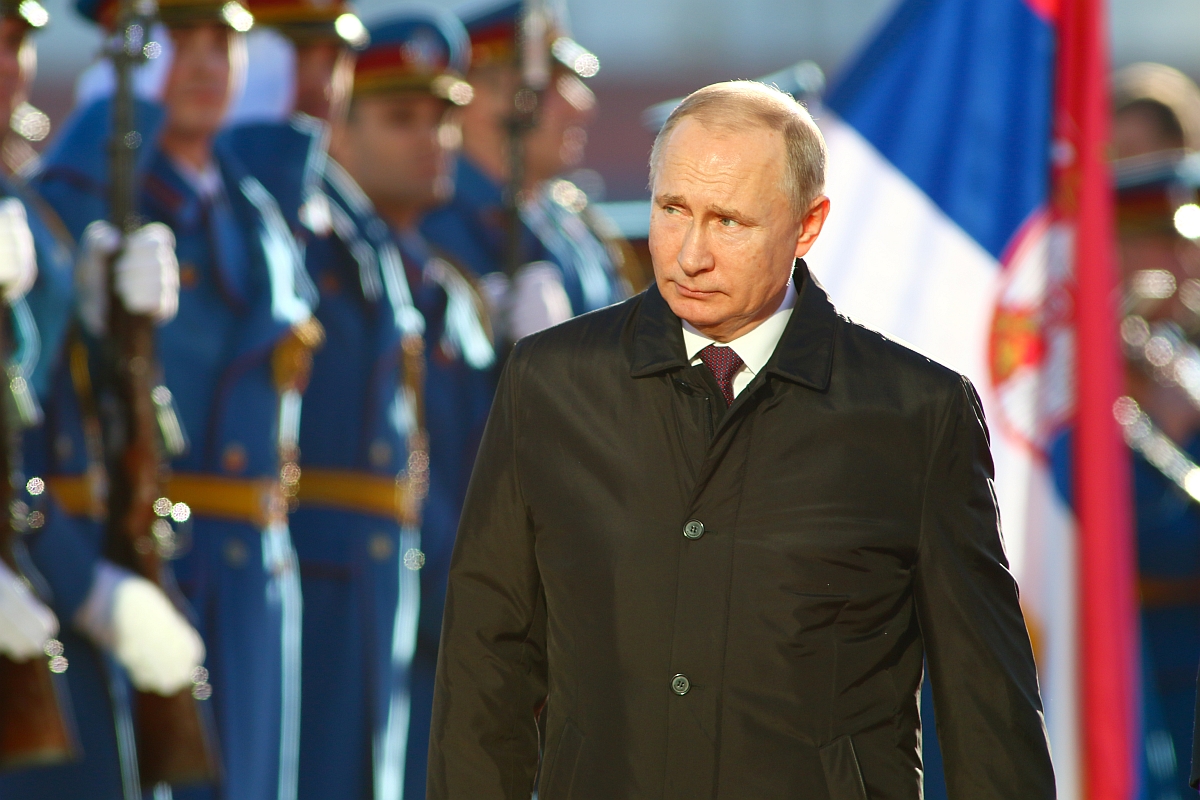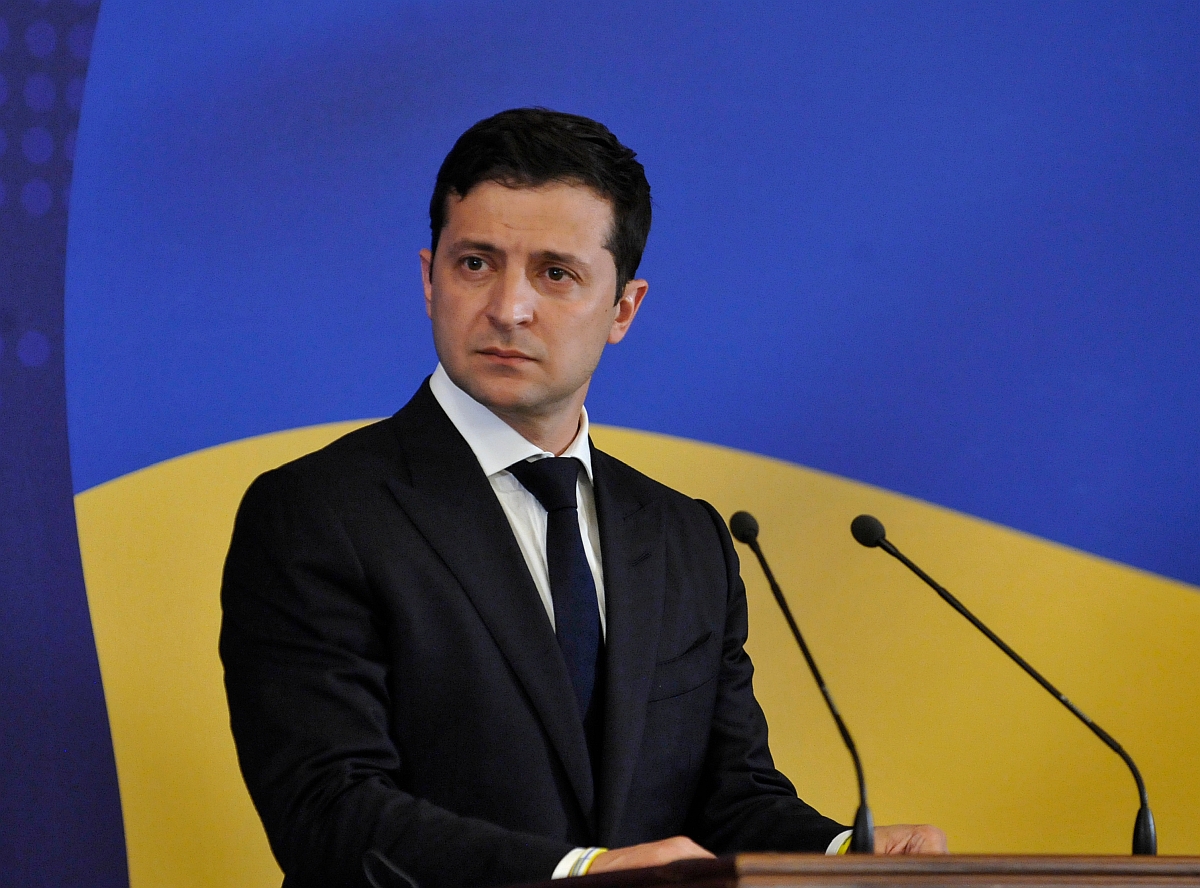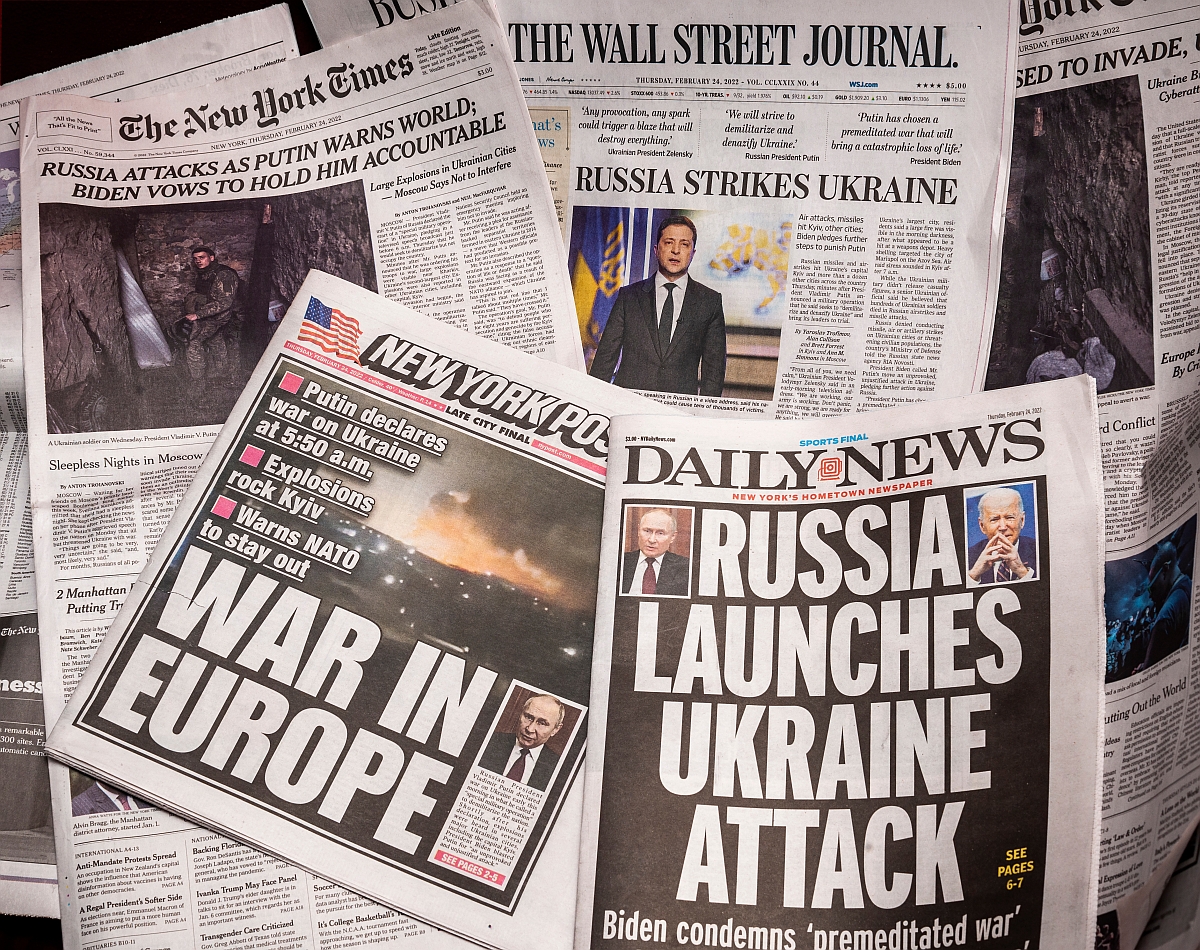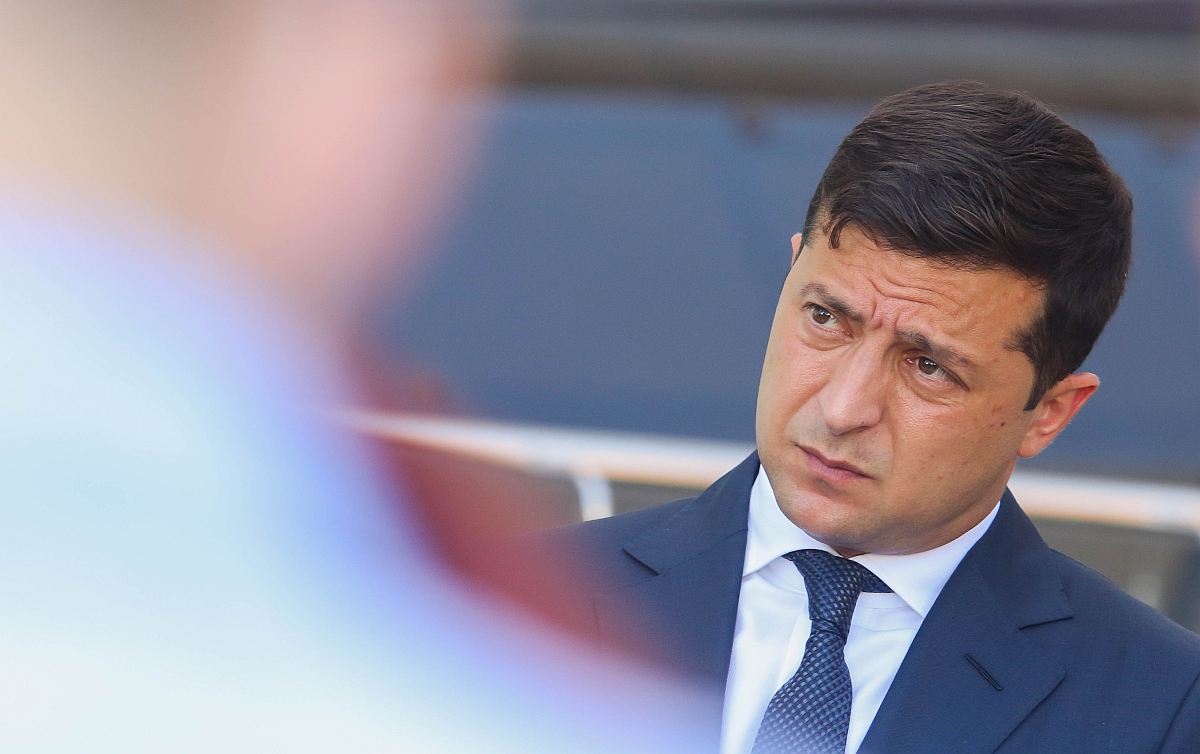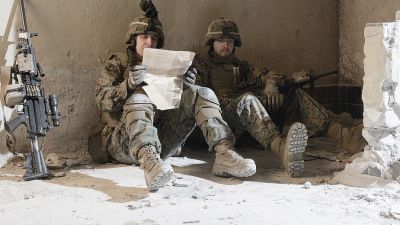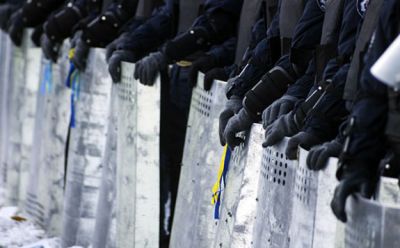It was only a week ago that Vladimir Putin ordered Russian forces to invade Ukraine yet already the conflict feels like it has been going on for months. The assault sparked fierce resistance from the Ukrainians, capturing the world's attention. But it does not look like there will be peace soon, on the contrary: Russian shelling has grown more indiscriminate and casualties are mounting. Now, the war has entered a new phase. I spoke to Professor Emil Aslan, an expert in Security Studies at the Faculty of Social Sciences at Charles University, about the latest developments as well as why Putin had unleashed such an assault at all.
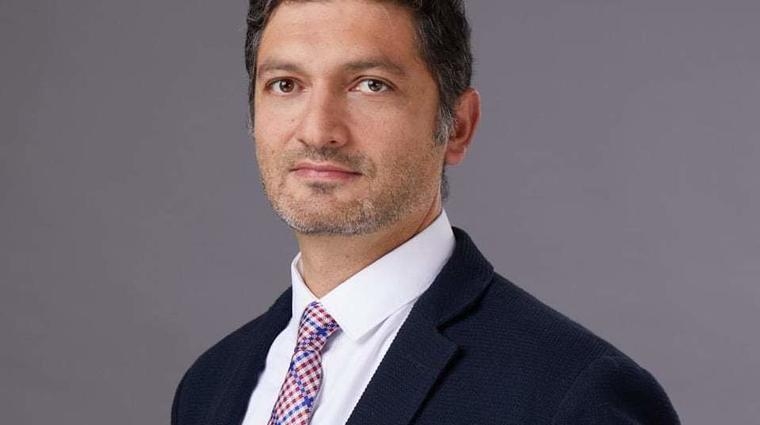
Professor Emil Aslan, teaches political science at the Department of Security Studies at the Faculty of Social Sciences at Charles University.
Many people last week hoped that the invasion could be averted. Even at the last minute. But it went ahead. Many have been left wondering 'Why'. What was Putin's purpose in such a terrible attack?
We can’t think of Putin as a perfectly rational player. If he were rational, he would be concentrating on pressing socioeconomic issues in Russia instead of chasing the phantom of a NATO threat or trying to revive the former Soviet Union. Having ruled as an autocrat over Russia for nearly 23 years, I think he is tired of the socioeconomic routine. It does not interest him. I think he needs situations that boost adrenaline, that fascinate him, and I think he finds adrenaline in war ‘games’ such as this.
We know that he has become very isolated and restricted the circle of people close to him. He only discusses things with a few people now. We know from sociological theory and crisis situations that if there are fewer people involved in actual decision-making, there is a greater likelihood that personal bias and lack of information will play a role in shaping decisions.
How revealing was his behaviour in the immediate lead-up to the invasion, given that he made an attempt to rewrite history, denying Ukraine its very right to exist?
I think Putin sees himself as a messiah-figure and that is more important for him than the quality of life of ordinary Russians. He wants territorial gain and he has this 19th century mind-set that he is expanding the borders of Russia’s historical realm. I think he sees himself as a kind of successor to Ivan the terrible or Peter the Great or even Stalin!
In terms of the war, I think he had two plans. Plan A was that to exert pressure on Ukraine and the West in the hopes they would give up easily and he would prevail. If that failed, Plan B was to launch a quick Crimea 2014 style assault in which he would take over the country within 24 to 48 hours. But he failed. What is going on now in Ukraine is something he didn’t anticipate. Had he known, I don’t think he would have attacked at all.
Critics – opponents such as the former chess master Garri Kasparov – say Putin’s grievances were well-known and that there was plenty of evidence of how far he was willing to go. He attacked Georgia in 2008, he meddled in the Ukraine elections, he seized Crimea in 2014. Yet the western response was not strong enough. My question is this: Is it true that the biggest issue for Vladimir Putin was further NATO expansion? Or was the bigger threat that Ukraine would become an example of a flourishing democracy right on his doorstep?
When this debate began several years back, some observers rationalised his behaviour, saying he was dissatisfied with NATO expansion. But many who were up close, knew that Ukraine’s NATO membership was not even the order of the day: it was a phantom. There was little support for joining among Ukrainians themselves. But the annexation of Crimea changed that. If you take a look at statistics before the annexation, only around 15 percent of Ukrainians were in favour. After Crimea, and even during violence and fighting in Donbas, it went up to around 55 to 60 percent. It is only now that some 80 percent of Ukrainians want to join NATO as they see the Alliance as the only guarantor of Ukraine’s security vis-à-vis Russian revanchism. Putin’s actions motivated Ukrainians to want to join. But it wasn’t that way before. Nor do I think it was his real motivation.
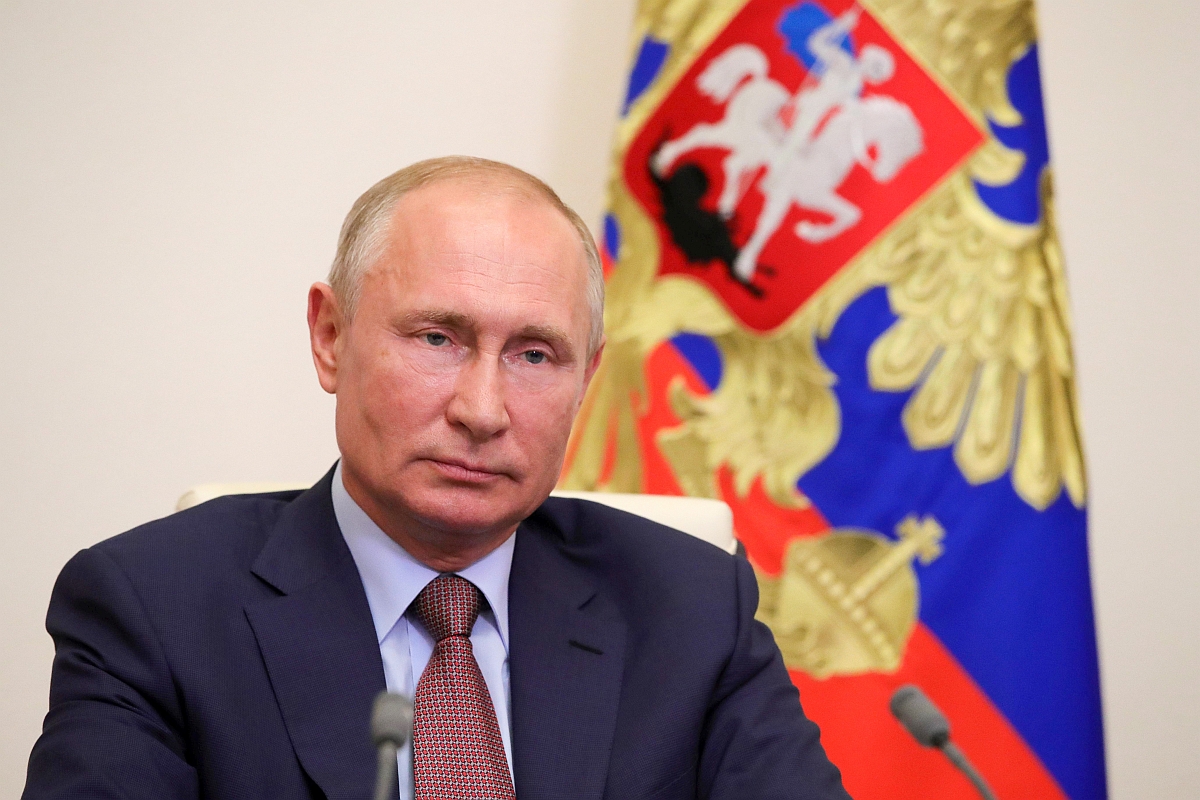
George W. Bush famously said after their meeting he got a good sense of Putin's soul. The Russian leader has been less readable these days.
This was clear last year when Putin wrote an article describing Ukraine as a kind of fake state without real historic underpinnings. Then, before the invasion itself, Putin had this ‘historicising’ speech about Ukraine belonging in Russia, so clearly it is not about NATO. He just wanted to expand Russia along the lines of the former Soviet Union. He wants Ukraine back under Russian influence and that’s all. Possibly, Putin has adopted paranoid thinking about NATO expansion but rationally it just wasn’t an issue.
The assault, at least so far, has not gone as Putin hoped. What’s next?
The last two days we have already seen evidence of how things will go. Initially, Putin and his generals planned a quick operation, with infiltration by small diversionary groups into city centres, where they were to take hold of key buildings and infrastructure, possibly apprehending President Zelenskyy and so on. But because this failed, they have changed the strategy already. I think now they want to shock Ukrainians by an all-out assault, with tank columns and missiles, so that they panic and he is able to break their will to fight.
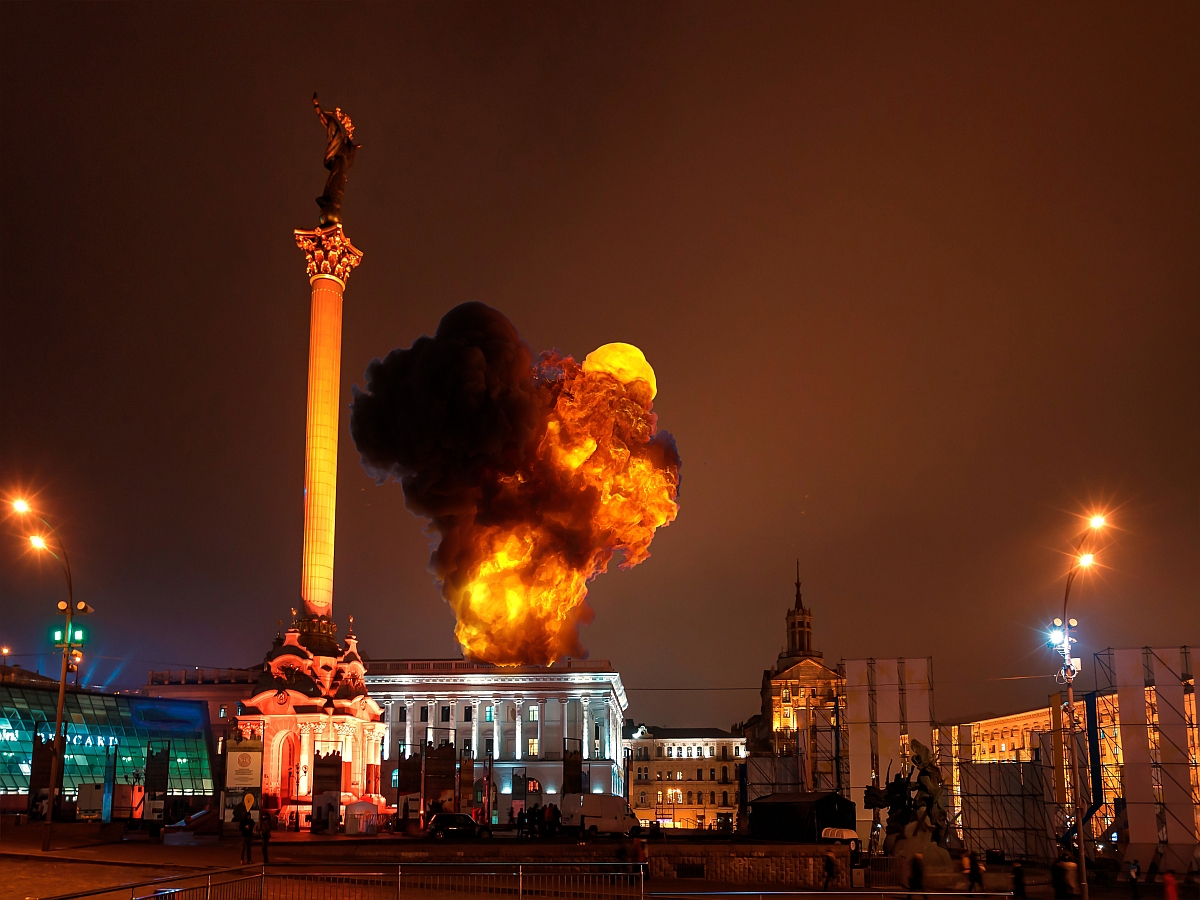
A missile strike in Kyiv on 24 February 2022 - the start of the invasion by Russian forces.
That’s why the Russians have begun using Grad missiles against cities, including neighbourhoods where there are no military facilities. They are trying to break the peoples’ spirit. They are also running out of smart missiles, which are very expensive and they don’t have that many of them, so we are seeing them turn to more conventional ways of war such as carpet bombing, which is the approach the Russians took in Chechnya and in Syria. They are getting close to returning to their usual approach in war.
Putin appears to have relied on a war plan by his generals that has failed – there is a lot of evidence to support that in problems we see in the military columns and supply lines. They have run out of diesel, there is a shortage of rations, it appears they didn’t plan for a long operation, they wanted to have this done within a couple days. And there are signs that Putin is frustrated with the miscalculations, he is infuriated. He wants victory as soon as possible and that is why they have started deploying deadlier weapons now. At the start, they really didn’t want it to be Chechnya or Syria in Ukraine, they wanted a focused [surgical] attack. But now the rhetoric and the attitude of the Russians is changing dramatically. They want to shock not with speed but with sheer firepower and with casualties among the civilian population.
To what degree have the Ukrainians been winning the information war and controlling the narrative? From the very start, as the assault got under way, you had President Zelenskyy sending out messages, as well as former president Poroshenko on the street saying they would fight forever. Zelenskyy bolstered peoples’ spirits, but also urged the European Union, Great Britain, and the United States, to take never-before-seen measures to hamstring the Russian economy.
They are winning the information war, the propaganda war, and there is an explanation. For months ahead of the invasion, [all eyes were on Ukraine] and everyone was waiting. That is the worst possible context within which to launch a war, against repeated alerts from the United States [US intelligence was instrumental in thwarting potential false flags that would have served as fake justification for the invasion – ed. note].
Another thing is that by denying the fact of war, the Russians have resigned from information warfare. They give very little information about what is going on, possibly because they didn’t prepare for a real war but for a swift military deployment. So they are missing plans for solid information warfare now.
Then there is the Ukrainians’ resistance. Nobody really believed they could achieve what they have: the US expected them to hold on for three days and then for guerrilla war to commence. And so the world is siding with Ukraine also because we have a black & white situation and you don’t often have those in international politics. But this is one of them.
In addition of this, is of course the figure of Volodymyr Zelenskyy: a young guy of Jewish background defying lies by Putin that Ukraine is led by Neo-Nazis. He is not afraid to show himself against the backdrop of the capital city, even though he is the target of special operations to kill him. The Americans offered to get him out [which is when he made the “I need ammunition, not a ride.” statement – ed. note]. All of this has worked in the Ukrainians’ favour. The only fortunate thing for Putin is that he has 98 percent control of the information space at home in Russia. If he didn’t, his regime wouldn’t last more than a couple days. With thousands of casualties and everything else going on, it would be done in a week.
Yuval Harrari Noah, author of Sapiens, wrote an editorial in the Guardian about the information war that has won Zelenskyy enormous support worldwide. Not only did he capture everyone’s attention, he spurred the EU, the US and others to take stiffer sanctions against Russia than we have ever seen before. The rouble fell by 30 percent, the stock market lost 45 percent, they are barring banks from SWIFT and destroying Putin’s war chest.
It really is unprecedented and yet another miscalculation on Putin’s part and by his entourage. They didn’t expect this to happen. And it’s one reason he and associates made remarks about nuclear weapons: they are really hit by what is going on and the situation will grow much worse in the coming months.
That success aside, I think it was a huge blunder that the West did not act similarly the first time, following the annexation of Crimea and the Donbas war. As an expert, this was something I thought and worried would [come back to haunt us]. There was a failure to react to Georgia, then Crimea, and if you really want to be taken seriously by Vladimir Putin, you have to use the economic machine. If you want to avoid direct confrontation with a nuclear power, you need to penalise them economically. But the western countries did not want to step out of their comfort zones, they didn’t want to lose business. Instead, now they could lose much more. Not only billions but also control. If Putin defeats Ukraine, his next step will be to complain about NATO defense systems on his border in Central Europe. So it’s great they were deployed now but unfortunate that they didn’t take Putin seriously enough back then.
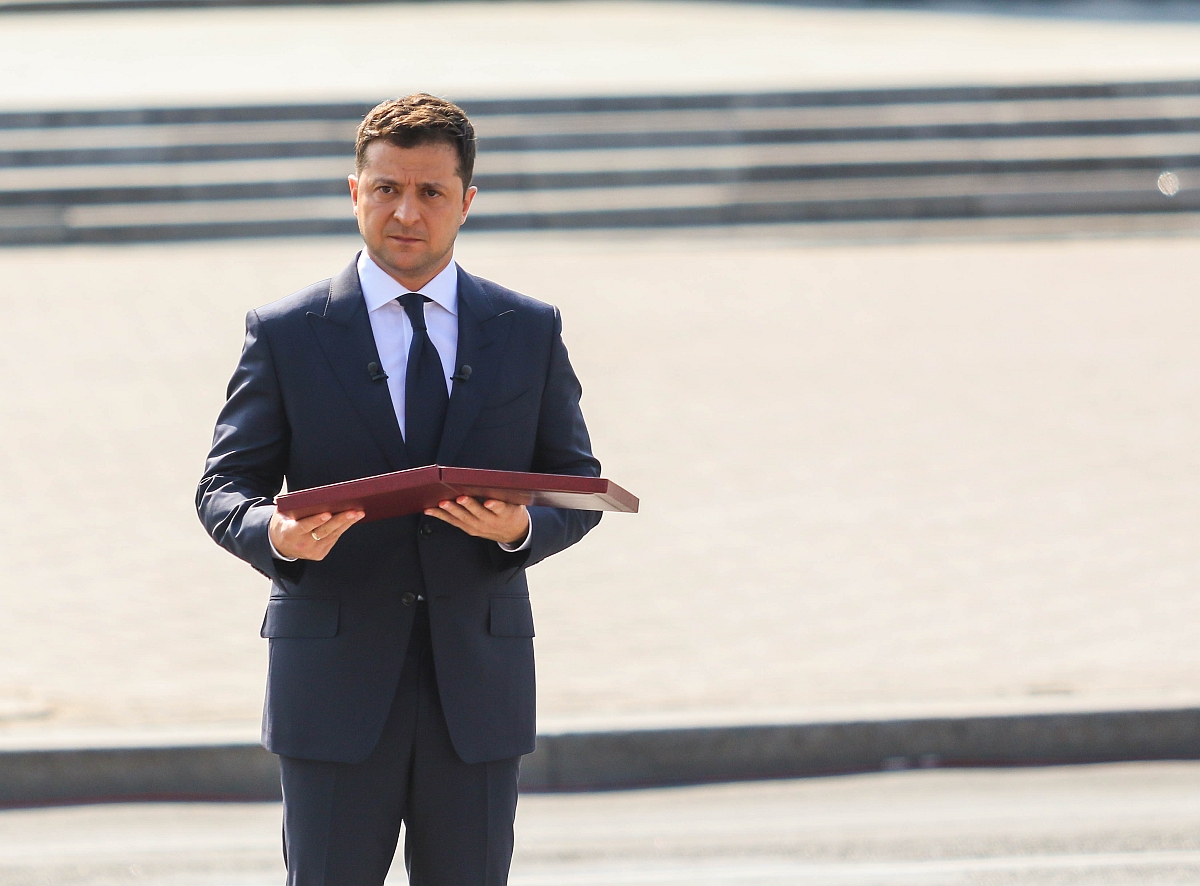
President Volodymyr Zelenskyy during the military parade on the occasion of the 30th anniversary of Ukraine's Independence. 24 August 2021.
Former CIA head Leon Panetta described Putin’s putting nuclear weapons on high alert as a sign of weakness rather than strength. Is that a correct assessment and what is Putin hoping to gain?
He wants to save face, domestically as well internationally, because he miscalculated. A lot of people in Russia will not be happy about that, however, as it also threatens their wellbeing and many of their privileges. So Putin wants to flex his muscles to try and show he is still taken seriously, that it’s not over for him, that he’s not done.
It is a sign of weakness, I agree. He doesn’t have anything else ‘left’. If you take the economic sanctions, if the Russian army is unable to defeat the Ukrainian military, then what’s the message? The message will be that Russia is inferior both militarily and economically. So he wants to raise the stakes, to show that Russia is still a ‘superpower’.
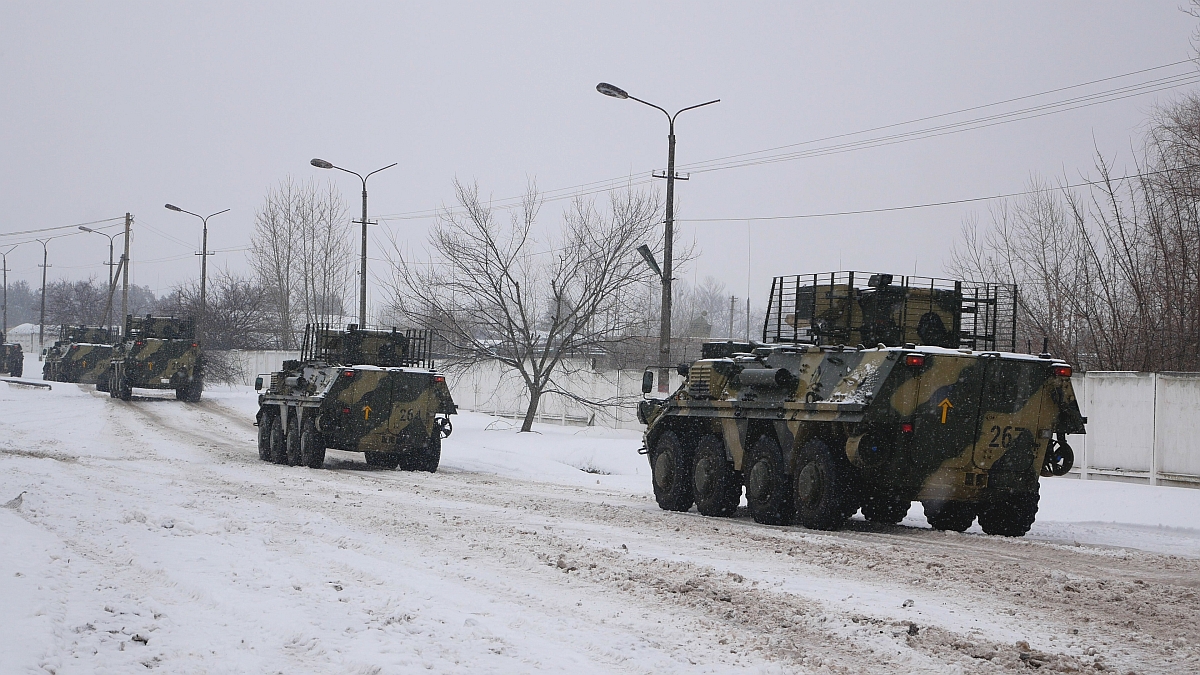
Ukrainian forces ahead of the invasion that Putin had signalled for months. Many hoped that war could be averted. But it went ahead.
It is also a deterrent to the offer of very real help of fighter planes, MiGs, flying from Polish airfields. The talk about nuclear weapons is meant to deter solid support to Ukrainians on the battlefield. That means that Poles and Czechs willing to donate their MiG 27s or 29s will hear the message that the Russians are serious about nuclear weapons [and maybe think twice].
And by extension, that is the reason talk of a no-fly zone over Ukraine is so unrealistic: it would have to be enforced and that would put NATO countries in the path of a direct conflict.
Of course. The Russians are trying to show they are serious.
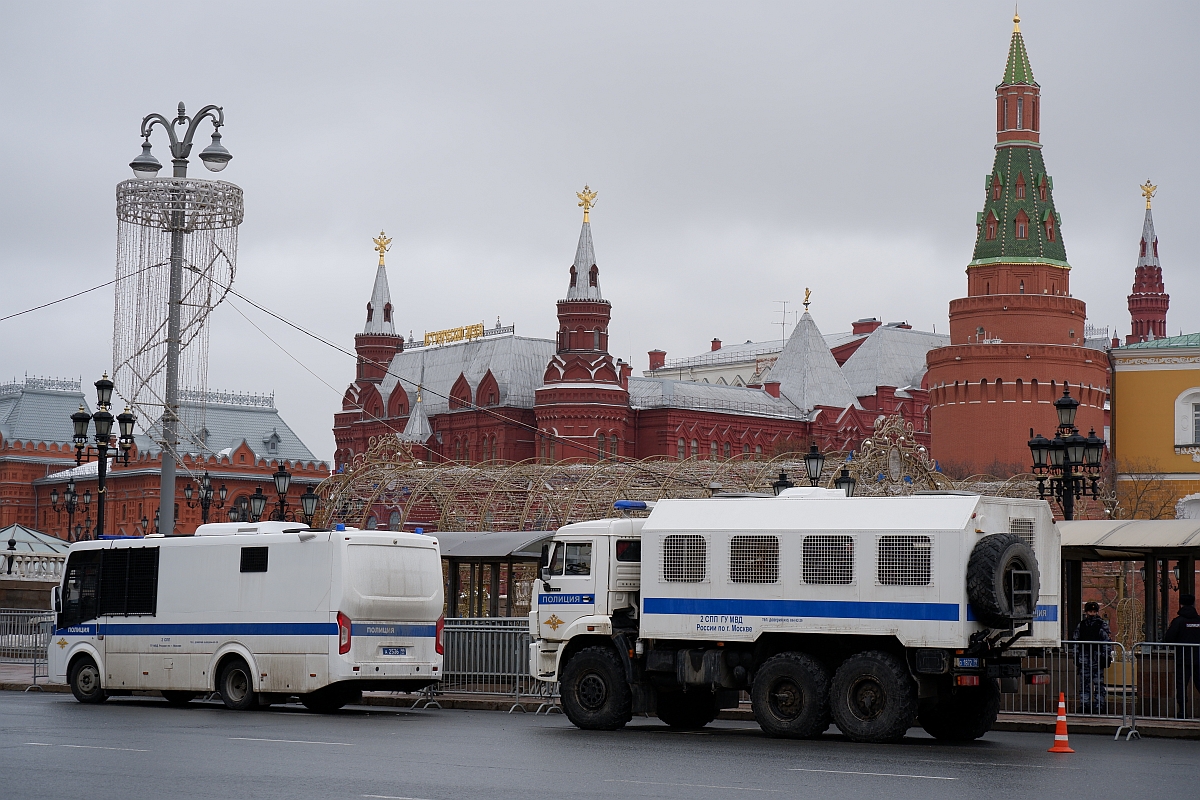
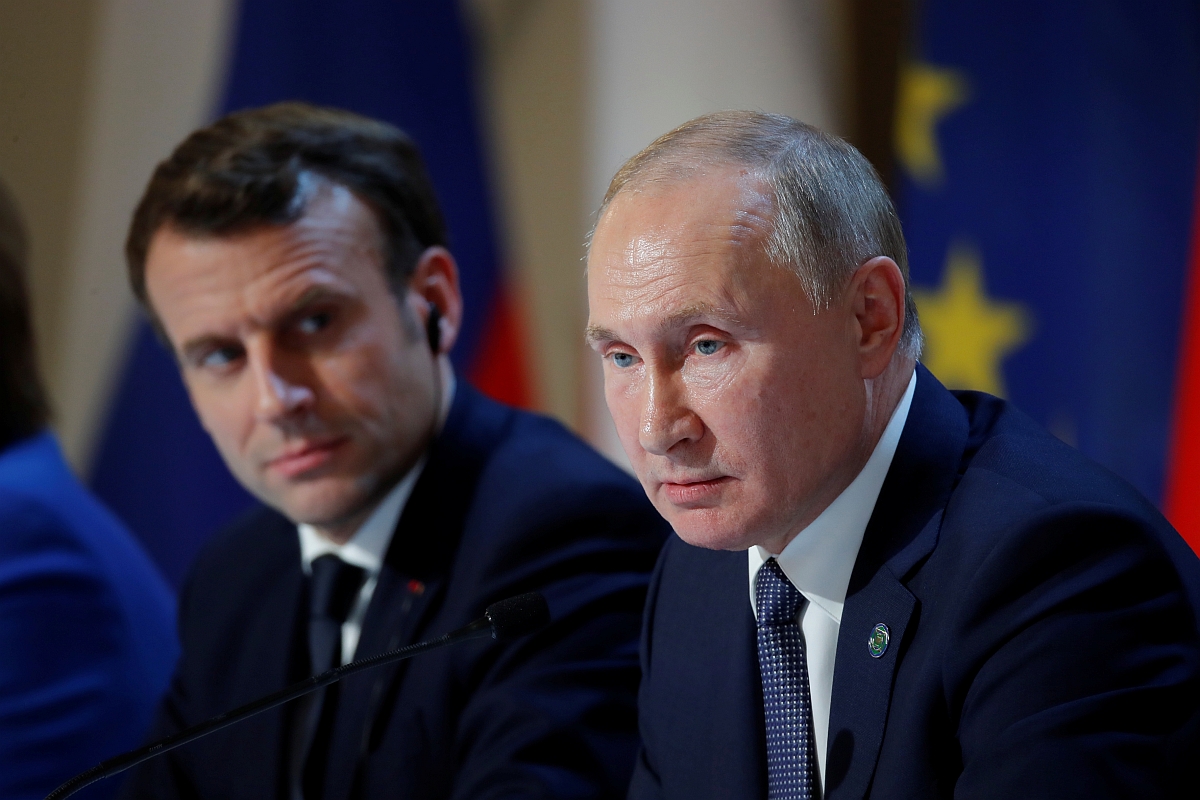
Putin with President Macron in 2021. Macron has urged continued communication with the Russian leader as well as Ukraine throughout.
Is there any conceivable way that Putin might detonate an actual nuclear device in the North Sea?
The Moscow-based analyst Pavel Felgenhauer mentioned this and it can’t completely be ruled out.
How can we get Putin to wind down this war? Rather than the opposite?
Putin has a Soviet-style hooligan mentality and what he is doing is playing a ‘game of chicken’ with the West. You can’t rule out nuclear weapons but [for now he is using them as a tactical threat]. My understanding is that he is going to push as much as possible but that he has his limits.
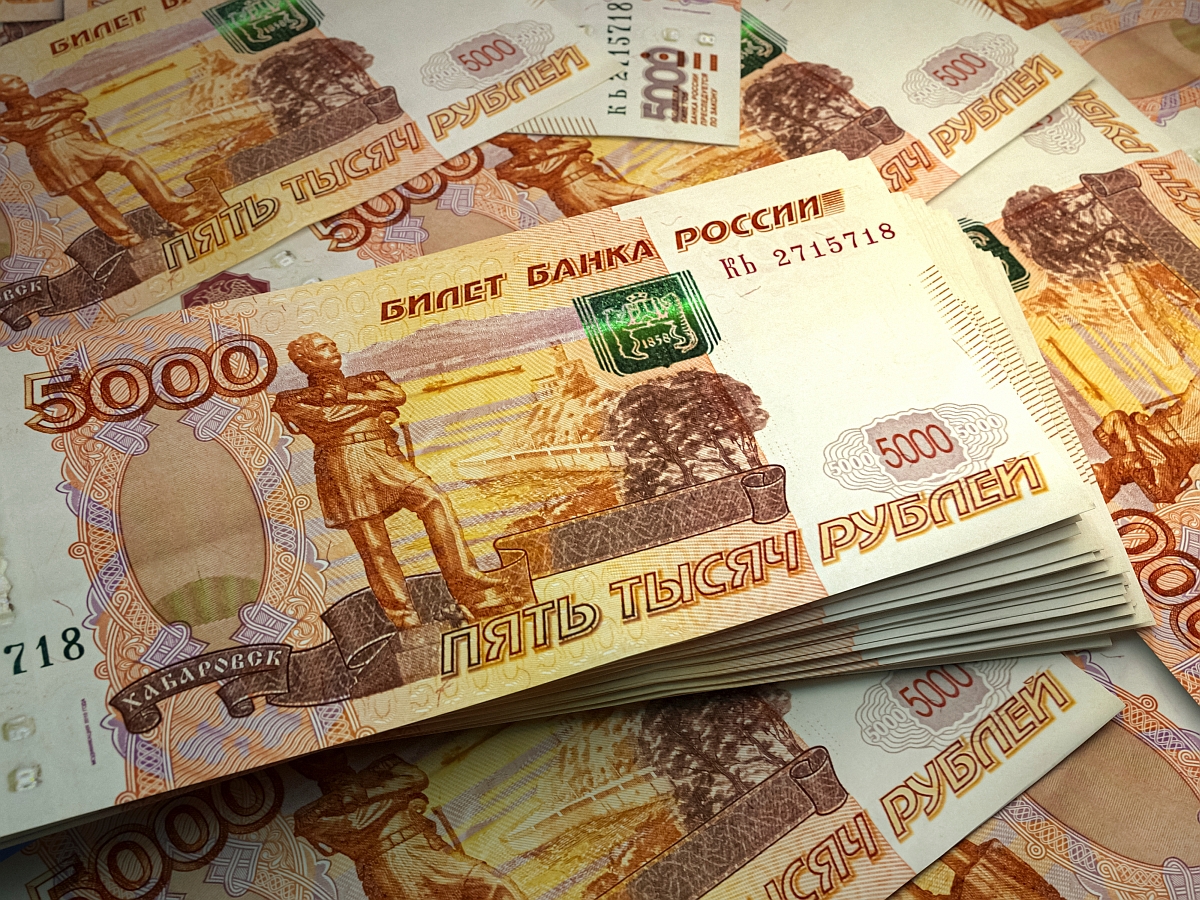
Show me the money: The Russian rouble crashed more than 40% following unprecedented international sanctions.
You think it would be a mistake to take the pressure off…
You know, there were discussions in the west, in the Czech Republic in some circles that Ukraine was ‘finished’ and that we had to accept reality to avoid the risk of a nuclear conflict. But I think succumbing to Putin, giving up, would be a disaster. I don’t think it would temper his expectations at all.
Whenever he has prevailed he has still always wanted more. After the annexation in 2014, European leaders went to Kyiv and persuaded the Ukrainian leadership to give up Crimea for the sake of peace. What did the Ukrainians get in return? What we see right now: war.
The risk is the same with the Baltic states. The same logic would apply. If we gave in to him, Putin would try and push NATO out and that would lead to a split or two-tier membership. Look at what has happened to Belarus. Lukashenko gave him Belarus to use as he likes and now it appears that young Belarusian men will join the battle against Ukrainians and also give their lives in his imperialist war.
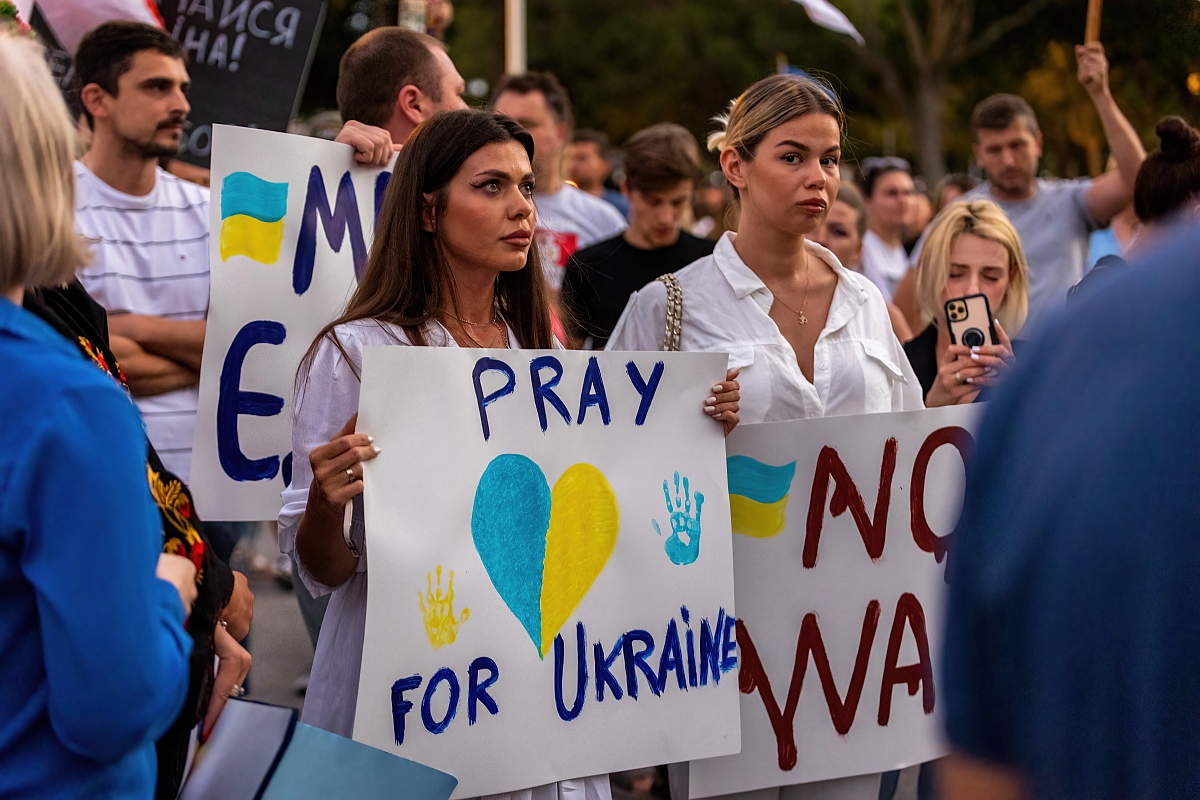
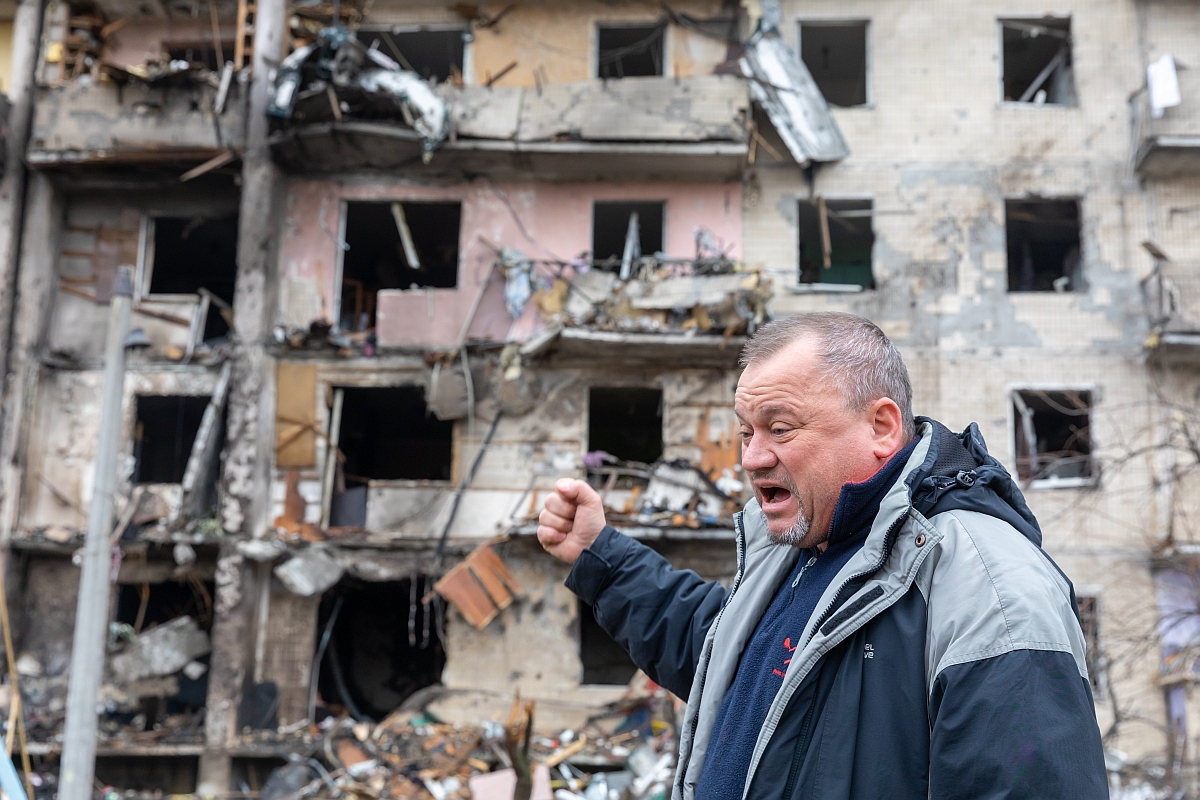
Massive protests have taken place around the world and there has been a large show of solidarity. But the assault on Ukraine continues.
So it comes down to using only language a bully understands. When you are pushed you push back.
Yes.
Most see this invasion and the threat as a major pivot point. That European and global security will undergo the greatest reshuffle since 9/11. Are they right?
Everything has changed because we are dealing with a ‘new Hitler’, a Russia which is a nuclear superpower. He has a huge military, and that is going to force Europeans to spend more to increase their military capabilities, to be able to defend themselves so that they do not have to rely on America. The nice days… the good days… are over. We will have to spend more, we have to be united and we have to prepare for war, otherwise we will just be rolled over. [The situation brings to mind the famous, much quoted Roman expression among military hawks Igitur qui desiderat pacem, praeparet bellum (If you want peace, prepare for war) – ed. note]. That is the biggest takeaway, I think.
You even have Germany in the biggest shift in its stance in the entire post-war period.
That’s right, they want to spend 100 billion euros on defence – that’s a huge thing.
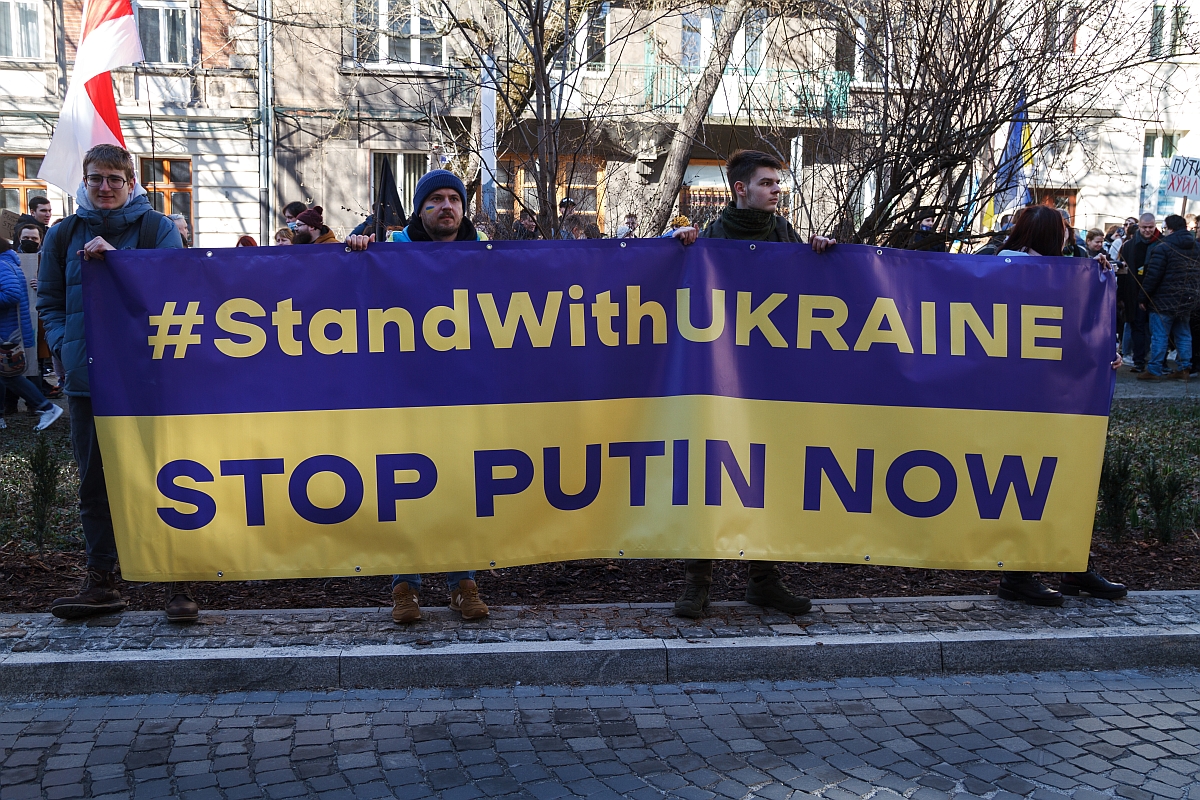
A demonstration in Krakow, Poland, on the day the invasion was launched: 24 February 2022.
The sanctions are eventually going to start to really bite and the longer the war continues the more casualties there will be. What is the possible endgame? Could Russian discontent at home lead to changes?
Russia has become a police state. I think that even after many more casualties, the state apparatus is so strong in Russia that even if many thousands take to the streets to protest [it won’t make a difference]. If people come under too much pressure, if reservists are called up, some kind of riots ensue, that could play a role.
Then there are the elites. They are very scared of their leader, as we saw at the meeting of his security council as it met before the invasion. They don’t want to say anything he might not like. But if things come to a head and there is a danger of the regime collapsing, maybe that would pave the way for a coup d’état. But it could only be someone close to him, with contacts to the oligarchs as well as the military, as an act of national salvation. Change could come in a combination of top-down or from the ground up.
On 1 March, US President Biden gave his first State of the Union address and spoke about Ukraine. Biden suggested there were still ways to pile additional pressure on Putin. What shape could this take?
It’s possible we will see additional economic and financial measures. But if we are talking about security, I would say this: you have to deliver Ukrainians solid military equipment such as anti-tank missiles, anti-aircraft missiles, possibly ground-to-ground, because the Ukrainians are running out. And hopefully also some military aircraft, which is a huge challenge because you have to defend the airfields. And Bayraktars which the Turks have been unafraid to deliver to Ukraine even under the circumstances.
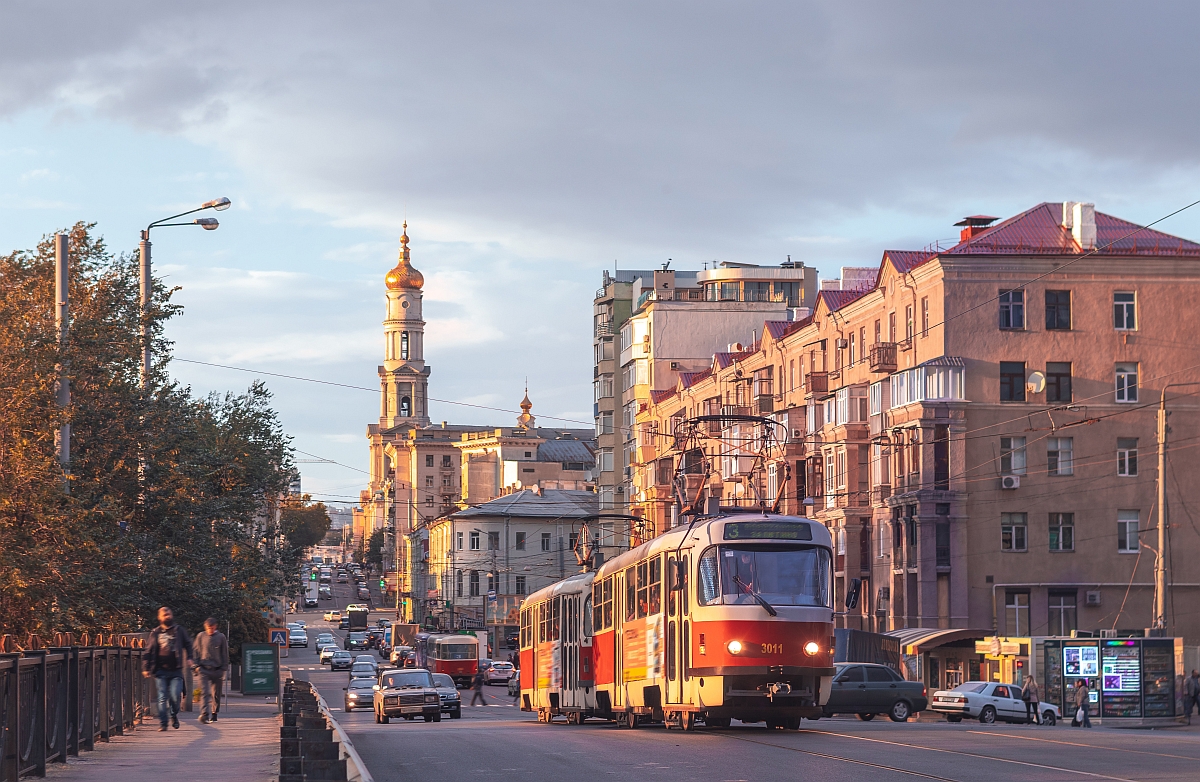
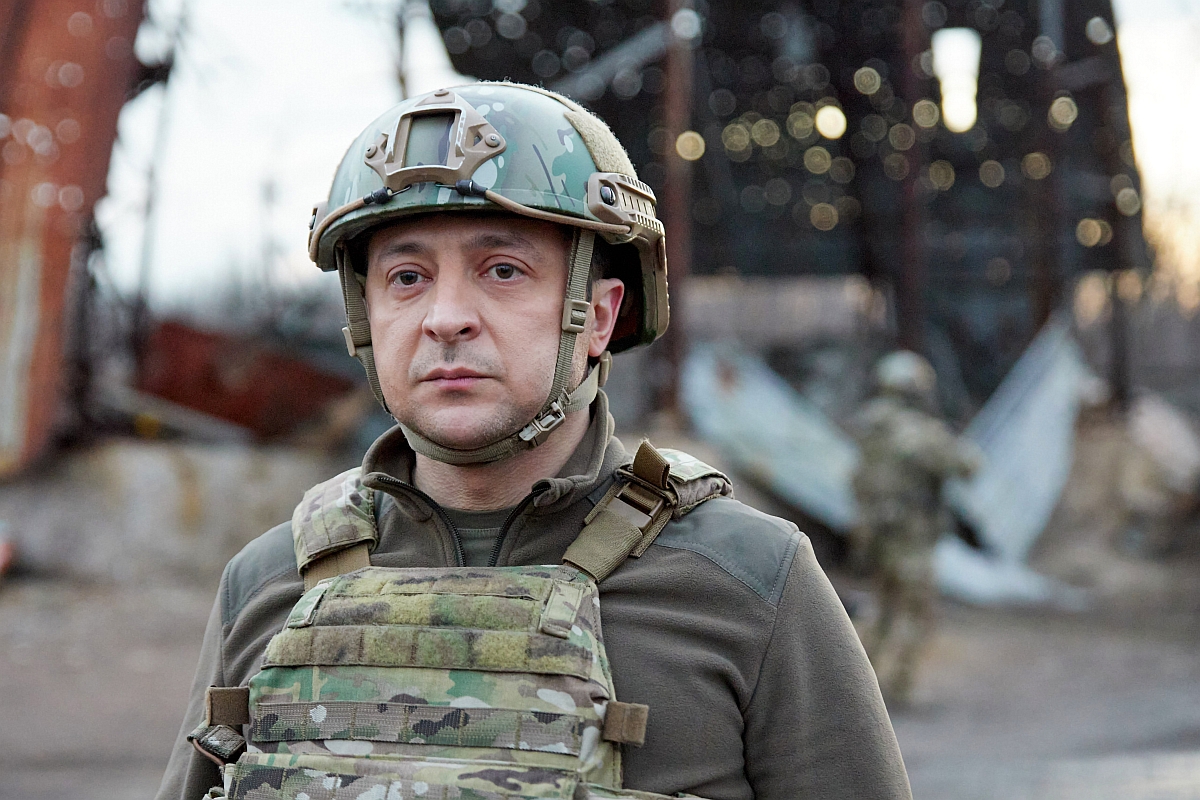
Left: The city of Kharkiv in happier times. Right: Ukraine's Volodymyr Zelenskyy visiting army positions in Donetsk on 17 February 2022.
If the Ukrainians keep fighting, if they continue to have a centralised command, and if they get good equipment to defend themselves, they stand a chance. Even if Kiev falls and if they have to move to guerrilla warfare, they would stand a chance with western support. They might not be able to win militarily but they might avoid defeat. Which in their case would be equal to winning. This is not a popular war and Russia could roll out and Ukraine would defend its statehood.
That would no doubt be with a terrible number of casualties, a continuing refugee crisis and so on.
It would come down to a war of attrition, like the Americans suffered in Viet Nam. Whoever lasts longer, wins. [But at a huge human cost]: we are talking about sons, daughters, fathers, mothers.
Even as attacks continue, peace talks began on 28 February on the Belarusian border. Do you think there is an element of pragmatism in the talks? Could they be in a position to reach an agreement?
I think Ukraine wants a ceasefire. And I think they are still waiting to see if there is any chance of joining NATO. Rationally, the Russians will have to be willing to reach a compromise. But with the way the Russian state apparatus flows directly from Putin, I am not sure that will be acceptable for them – not without achieving a stronger bargaining position first. Such as the fall of Kyiv. One thing that I am honestly afraid of is any peace deal between Ukraine and Russia that would try to return all things immediately to normal. As in ‘Look, we have a deal, so drop the sanctions’. While such a deal could be done to save lives, I think it is not possible to sweep atrocities already committed by the Russian forces under the rug.
| Professor Emil Aslan |
| Emil Aslan is professor of political science at the Department of Security Studies at the Faculty of Social Sciences at Charles University. He has published extensively on security and conflict in the post-Soviet space. |


